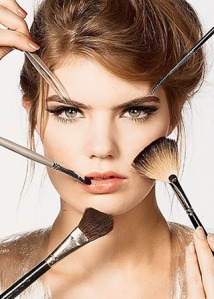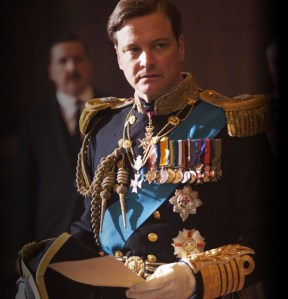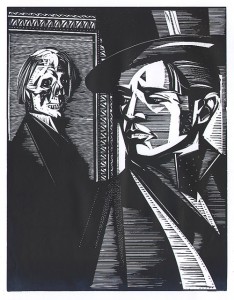Don’t Judge a Book by its Cover… Or a TV Series by the Movie
Alright folks, confession time. This summer, I watched all 54 episodes of Avatar: The Last Airbender on Netflix. I know, it’s a cartoon heavily influenced by anime that has a target age of 8-10. But surprisingly, I didn’t hear of it from a child. I heard about this series from teens/adults my age. I thought it sounded lame at first, but when I actually watched the first episode, I was instantly hooked. And not necessarily by the story, the humor, or the animation, but by the characters.
My brother and I bond through watching movies and playing games, so we sat together developing inside jokes from quotes and coming up with scenarios like, “If I were a bender…” When we had finally finished the series, we found that the new live action movie was on instant play. I had heard nothing but negative remarks about it, but we decided to watch it anyway, just to keep the fun going.
Needless to say, we got about 5 minutes into the movie and completely hated it. It was nothing like the TV series. Why? Not because the story was all that different, but because the characters were completely flat. There was none of the humor of the series, none of the depth that the series held. I didn’t bond with the lifeless movie versions in an instant like I had while watching the series.
The point of this confession of my childish tendencies? A story that has a good plot will only keep you afloat for about 5 minutes. A plot needs to be character driven. I’ve heard numerous times that there are only so many kinds of conflict: Man vs. nature, Man vs. man, and Man vs. self. But in all of these, it is the Man that makes the story and creates the conflict. Without a heart, the reader cannot identify with Man.
I once had a story with a great plot. Everyone I showed it to was so excited about it and wanted to know what happened next. The problem? I ended up hating the entire book because the heroine and hero I had created were basically perfect. He never lost his suave coolness, and she was always brave. Only, she cried when she was upset, and he had a tendency to fall into bouts of depression. Your characters need to have problems like the rest of us; a good plot won’t keep you afloat for long.
Keep these things in mind when you come up with a great plot that needs a cast of characters:
- Who will be the focus of the action? The conflict must happen to someone in particular, even if the conflict occurs on a large scale (like to a nation)
- What is this person’s past? You should know more about your main character than needs to be said. Maybe she hit her head when she was four and after stitches, she had a bald spot that haunted her for years to come. Maybe he really doesn’t like to play basketball. The reader doesn’t need to know all of this, but you do. Why? Because of point 3.
- How will your character react to the conflict you introduce? You need to know your character inside and out because if you don’t, you won’t be able to realistically predict how they would act to everything you will throw their way. And if it doesn’t seem in character for them to act a certain way, but you make them do it anyway, the reader will be able to tell, and your cardboard cutout will fall over in despair.
I’m not saying that you will know everything about a character before the story starts; I often let my characters tell me about themselves as the story progresses, then I go back and rewrite the story based upon how I know they would react. Your characters can be your friends, if you’d let them speak instead of babbling for them. But no one would want to live in a world of mirages that disappear when you try to touch them. Don’t make one for your readers and expect them to enjoy it.








